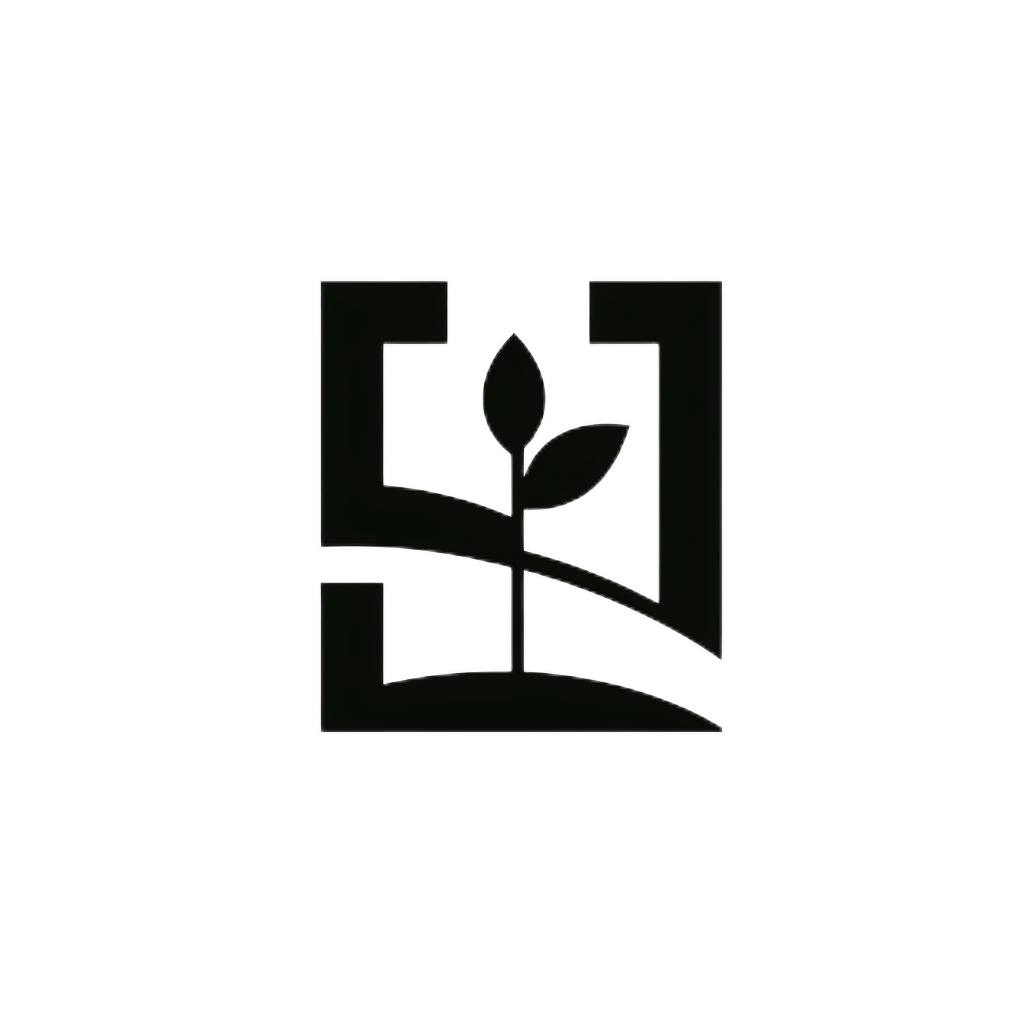
1. Dark colored urine. Dark yellow or amber urine indicates that your body is concentrating waste and minimizing urine loss. This may indicate dehydration.
2. Urinate less frequently. When you urinate less, your body saves water by urinating less. This may mean that you are not drinking enough fluids.
3. Thirst and dry mouth. Dry mouth occurs when saliva production is insufficient due to lack of water. Thirst is your body’s way of telling you that it needs more fluid to function properly.
4. Fatigue. Dehydration causes blood volume to decrease and causes the heart to work harder to pump oxygen and nutrients to cells. Increased effort can lead to fatigue and lack of energy.
5. Headaches. When you are dehydrated, your brain shrinks or shrinks due to fluid loss, causing headaches. Dehydration can also reduce blood flow to the brain, causing headaches.
6. Dry skin and lips. Since the skin is the largest organ of the body, it needs water to remain flexible and functional. Dehydration can cause skin to flake and lips to crack.
7. Electrolyte imbalance caused by dehydration can lead to muscle cramps. Electrolytes help control muscle contractions, and small amounts can increase the likelihood of cramping.
8. Dehydration can cause your blood pressure to drop, which can cause dizziness or light-headedness when your blood pressure rises rapidly.
9. Difficulty concentrating. Proper hydration is essential for proper brain function. Dehydration can impair cognitive function, making it difficult to concentrate and think effectively.
10. Bad breath. Saliva helps clean the mouth and remove microorganisms. Dehydration causes decreased saliva production, which can cause bad breath.
11. Constipation. Lack of water causes stool to harden and slow its passage through the digestive tract, causing constipation.
These symptoms may be due to dehydration or may be caused by other factors. If you have chronic symptoms, you should definitely seek medical help. Individual water needs may also vary; So listen to your body and adjust your fluid intake accordingly.
To obtain the most accurate and up-to-date medical information, it is best to consult reputable medical sources and experts.
Jane Smith, MD, is a renowned American internist who often talks to her patients about the importance of proper hydration. Dr. “Maintaining hydration is critical to maintaining overall health and well-being,” says Smith. Dehydration can cause symptoms that range from mild discomfort to more serious health problems. It is very important to pay attention to your body’s signals and drink enough water throughout the day. “
He advises his patients to follow these rules:
1. Pay attention to your body: Symptoms of dehydration include dark urine, dry mouth and fatigue. These are all indicators that you need to drink more water.
2. Set a drinking goal. Aim to drink 8 glasses of water a day, but this amount can be adjusted according to your personal needs. You may need more if you are more active or live in a warm climate.
3. Spread out your water consumption. Instead of drinking too much water at once, try drinking water continuously throughout the day to stay hydrated.
4.Dr. Smith recommends assessing the color of your urine: light yellow is a strong indicator of adequate fluid intake.
Include foods that support hydration: Fruits and vegetables contain plenty of water and can help you stay hydrated.
Drink water before, during and after your workout. Drink water before, during and after training to replenish lost fluids.
Limit dehydrating drinks: Avoid caffeinated beverages and alcoholic beverages, which can cause dehydration.
Consider your electrolytes: If you do a lot of physical activity or sweat a lot, you should drink drinks that contain electrolytes to help maintain balance.
Please note medical advice may change; therefore, it is best to consult your healthcare provider for personalized advice and the most up-to-date information.

